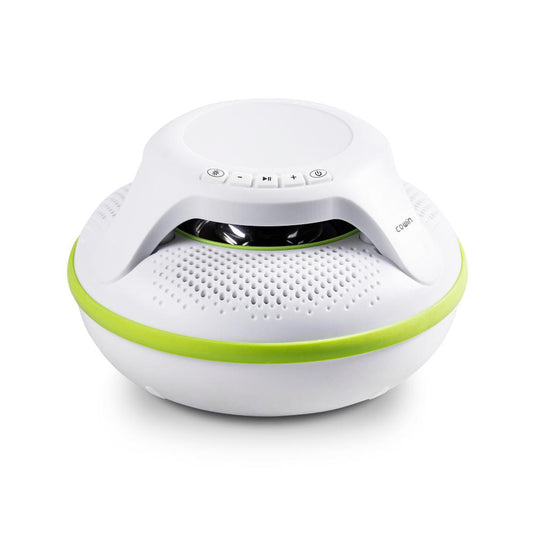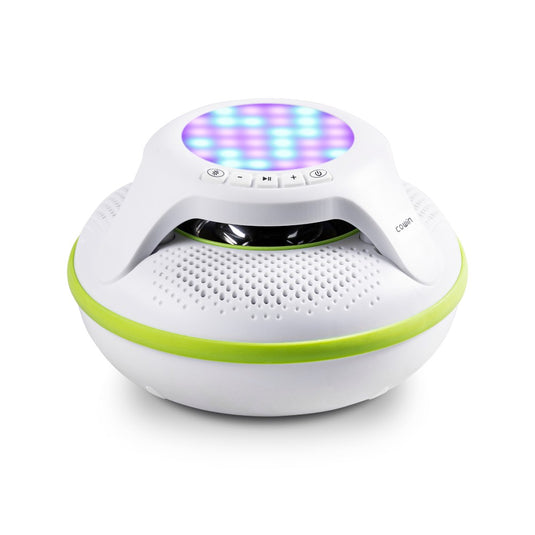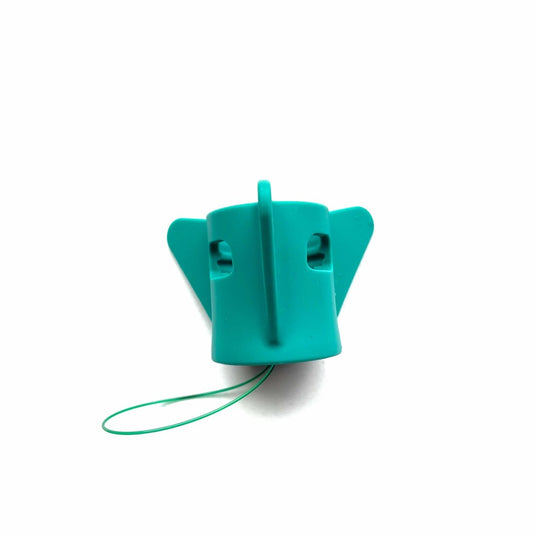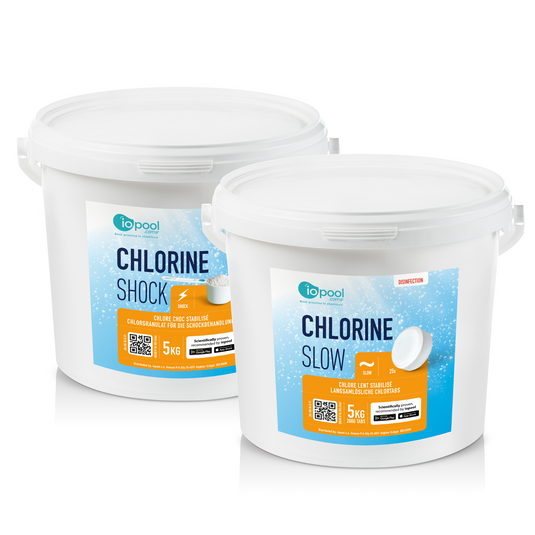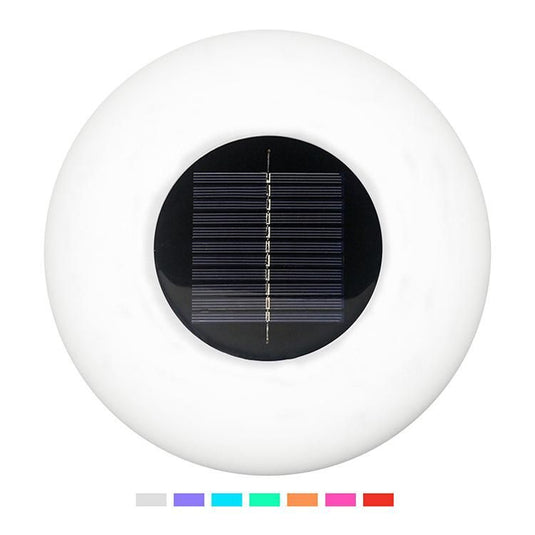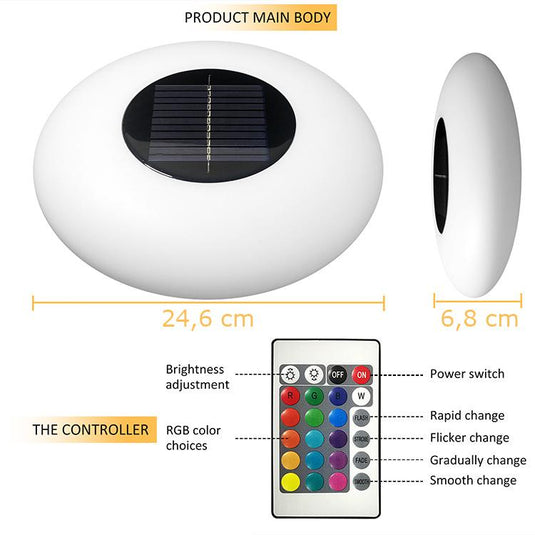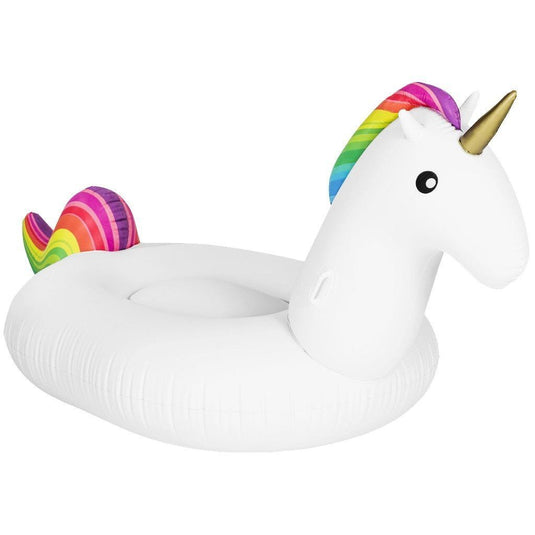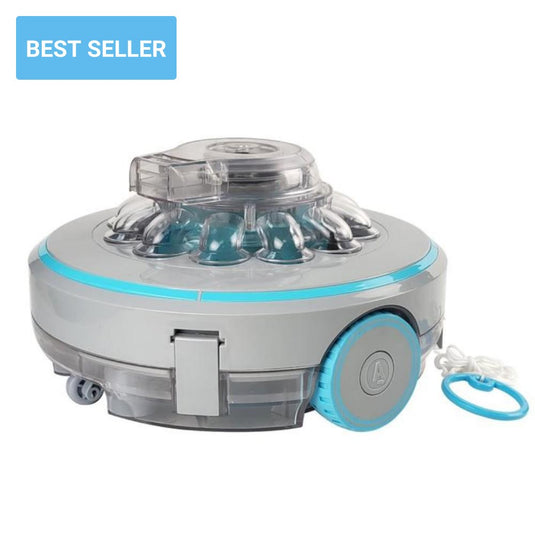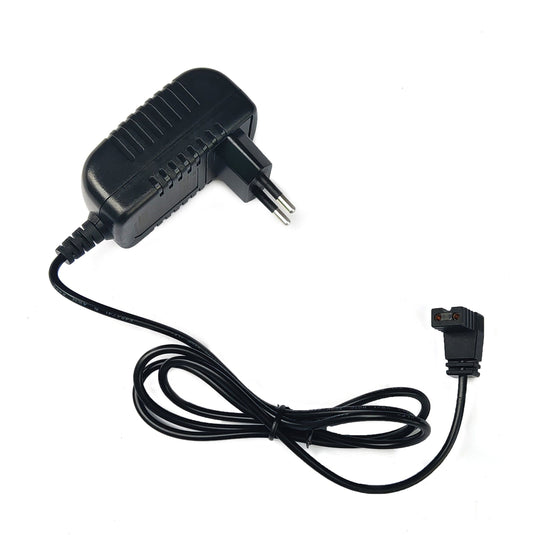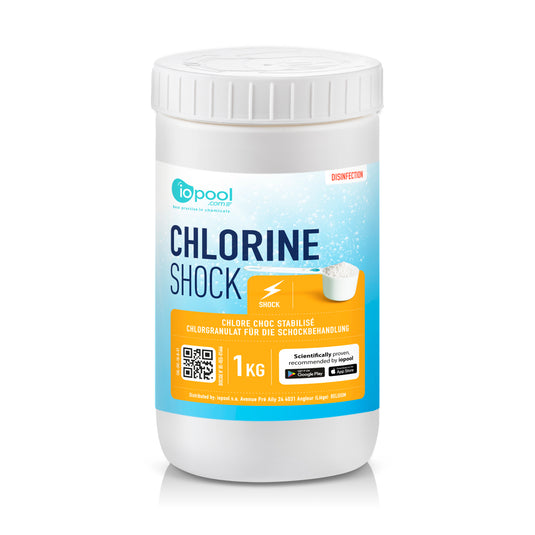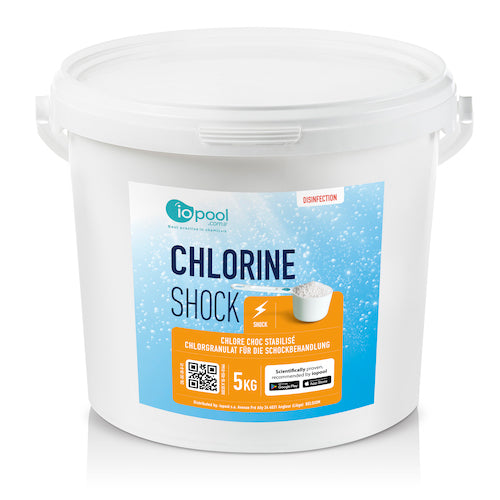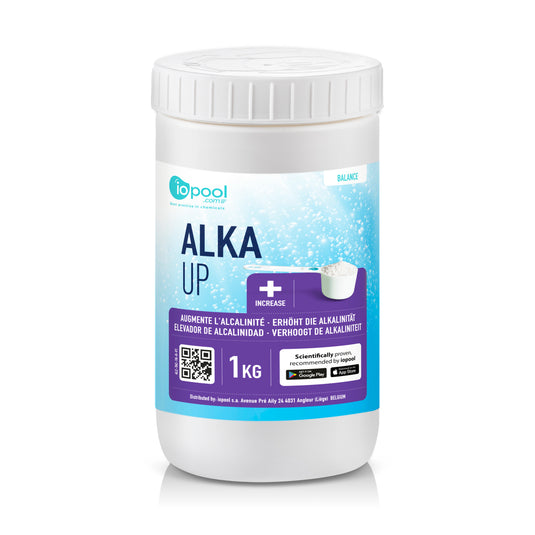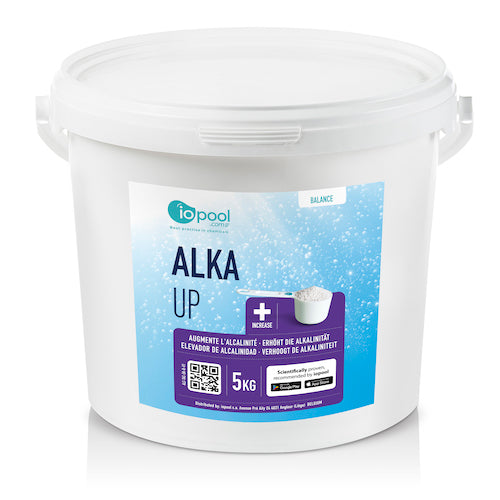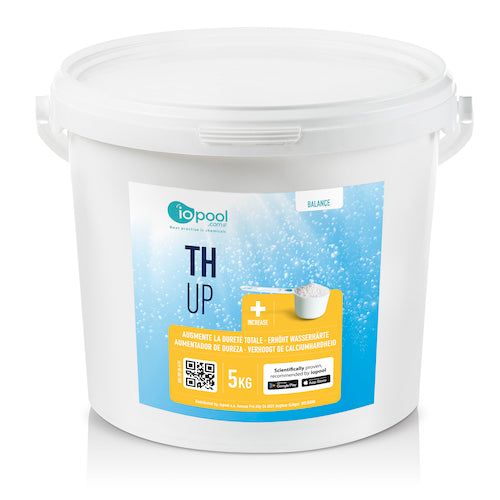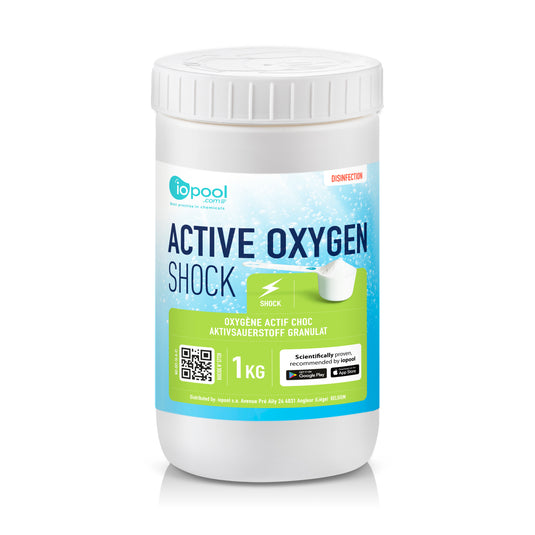Cyanuric Acid Pool Stabilizer (CYA) - It Is SO Important!

Did you know that you can experience a 90% loss in chlorine from your pool on a nice sunny day? This is where Cyanuric acid comes in!
Cyanuric Acid Pool Stabilizer: Definition
Chlorine is the most important thing to keep in our pools to keep them clean and hygienic. In order to keep the chlorine from evaporating out of your pool, you will need to add Cyanuric Acid Pool Stabilizer.
Cyanuric Acid (CYA), also known as pool stabilizer or pool conditioner, reduces the effects of UV rays on chlorine. It is crucial since it keeps you from constantly adding more chlorine to the pool.
The only pools that don’t require as much Cyanuric Acid are indoor pools since there is no direct sunlight hitting them.
The Easiest Way To Add CYA
Cyanuric Acid pool stabilizer can be found in both a liquid or granule form. It is often already conveniently mixed in with some chlorine tablets. For example, the Jumbo Tablets we sell are stabilized with CYA.
These are the easiest way to treat your pool since it includes everything you need.
How Often Should You Add Cyanuric Acid?
Usually, you will only need to add stabilizer when you open your pool every year. The good news is, once you put it in, it remains in the pool, unless it gets diluted. So, if you do a water change or water has been added into your pool from either the hose or rain, your CYA level will be lowered.
The good thing is that if you are adding stabilized chlorine tablets, you are going to have enough CYA in your pool unless there is a significant water change.
Balancing CYA and chlorine can be challenging. It requires constant monitoring and testing. However, our pools make it simple. Check out our shop for everything you need to keep your pool healthy.
Beware of over-stabilization
Stabilizing the water prevents the chlorine from being degraded directly by UV exposure, but be careful: too much stabilizer inhibits the disinfecting power of chlorine. It is generally recommended not to exceed 70 to 100 ppm. Beyond 100ppm, there is no choice but to dilute.
Want to Learn More?
This article is also related to CYA. Our blog is full of pool-related articles! Feel free to check them!

